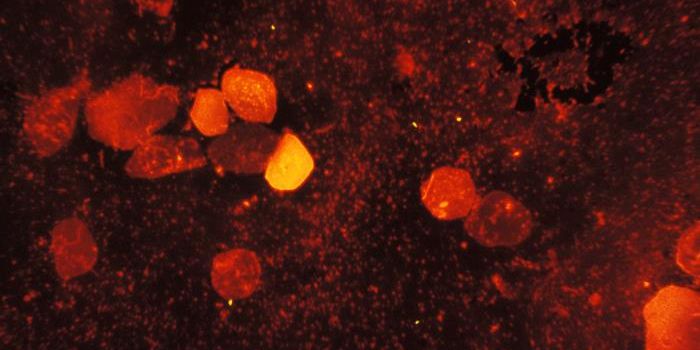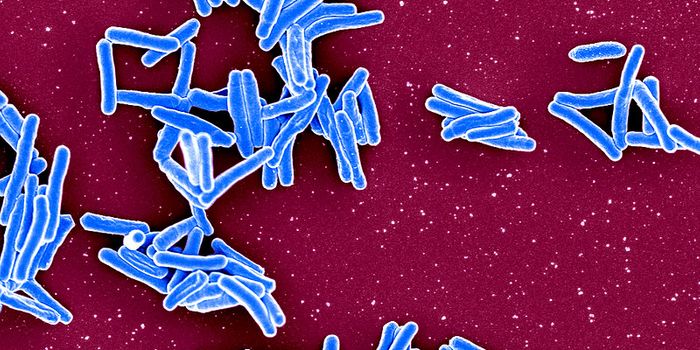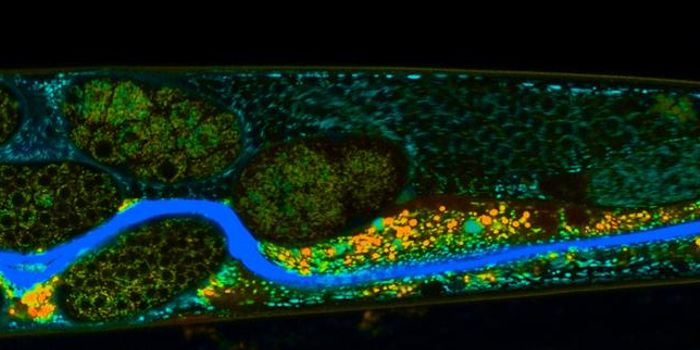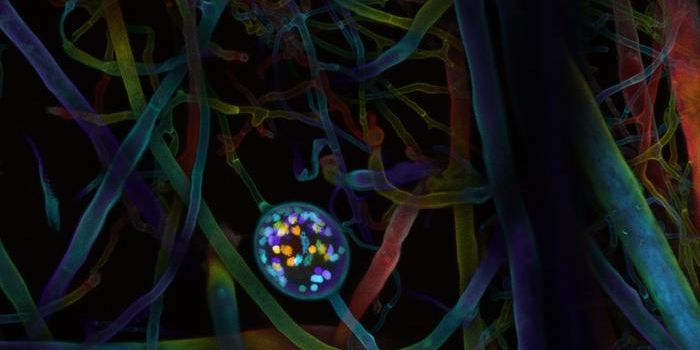Gut microbes are in the news yet again. This time, researchers at the University of British Columbia, led by Brett Finlay, published
evidence that gut microbes play an important role in asthma. The team found that asthma was associated with lower levels of four gut bacteria:
Lachnospira, Veillonella, Faecalibacterium, and
Rothia.
Lachnospira are
Gram positive anaerobic bacteria in the class Clostridia, making them related to better known species such as
Clostridium difficile and
Clostridium botulinum.
Veillonella are also Gram positive anaerobes, but their cell wall composition actually makes them appear Gram negative. For this reason, they are classified in the class Negativicutes.
Faecalibacterium, also class Clostridia, are actually some of the most common bacteria found in the gut. Low levels of this bacteria have been associated with
Crohn’s disease. Finally,
Rothia, yet another Gram positive bacteria, occupies the mouth and respiratory tract, and is commonly associated with periodontal disease.
Now, back to the study. Finlay and his team followed 319 children over five years. Stool samples were taken at three months and one year, and their general health was followed up to age five. They found that infants with a high risk for asthma also had lower levels of the four types of bacteria in stool samples. What is most surprising is that by age one, the “at risk” infants’ microbes looked the same as normal infants. “In that first 100 days, the structure of the gut microbiome seems to be important in influencing the immune responses that cause or protect us from asthma”, says co-author Stuart Turvey.
These new findings prove just how important our gut microbes are, particularly in the first few months of life. According to Turvey, “we need to revisit our relationship with bacteria … this study and other like it emphasize that we have evolved with bacteria and they are really important for our health”.









